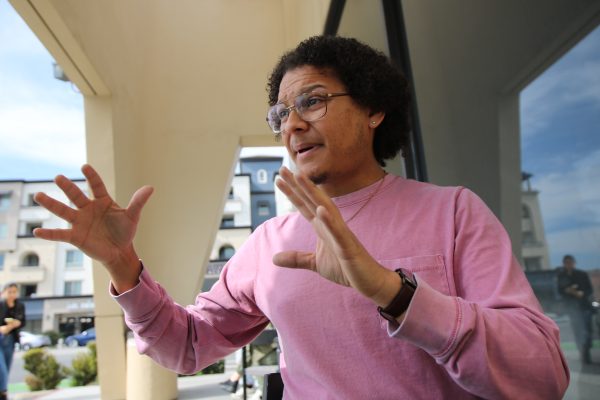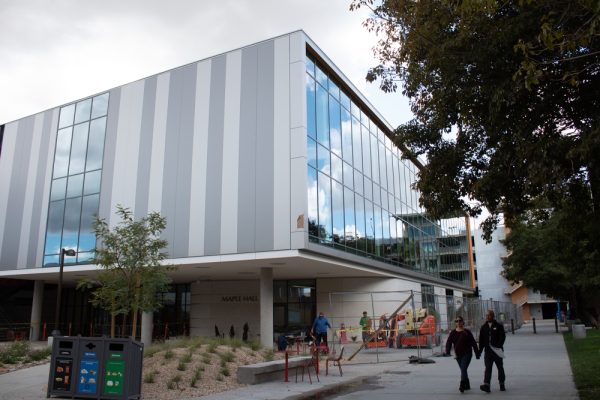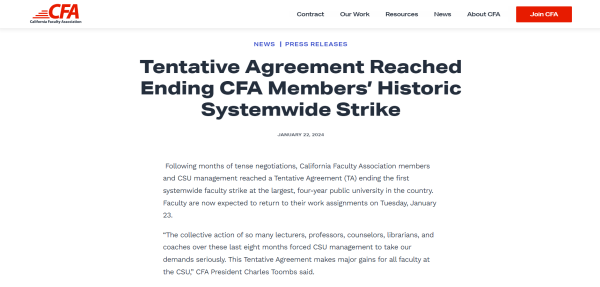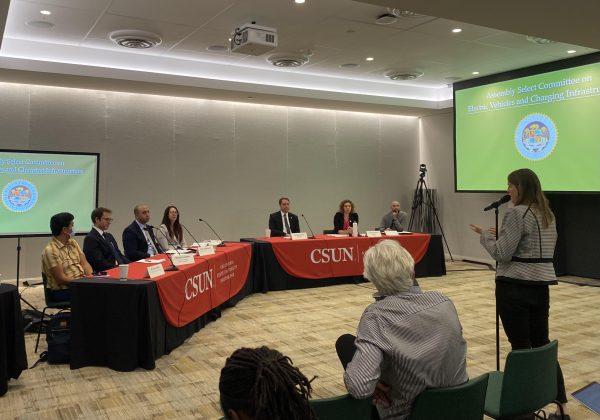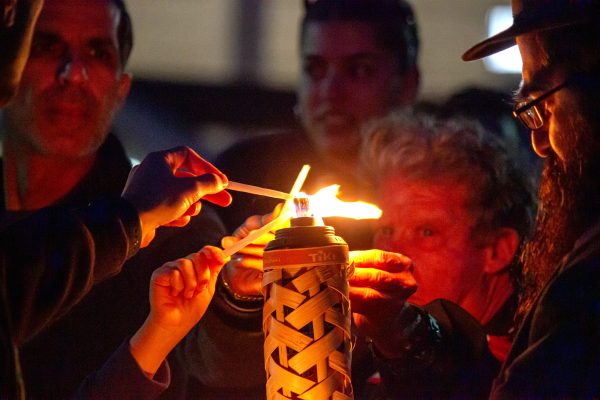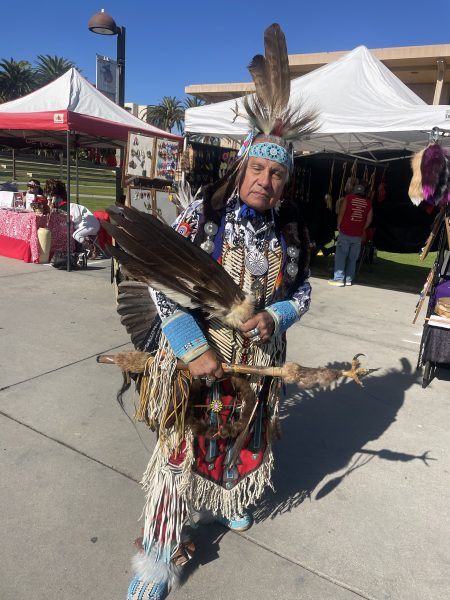CSUN planned to give federal relief money to undocumented students, now it can’t
April 28, 2020
New guidance issued by the U.S. Department of Education this week excludes Deferred Action for Childhood Arrivals recipients and undocumented and international students from receiving any of the $22 million the federal government allocated to CSUN for student relief under the coronavirus aid bill.
According to President Dianne F. Harrison, the university originally planned to make those funds available to undocumented and international students, as the Department of Education’s orginal guidance did not provide eligibility specifications.
The new guidance restricts eligibility to students who submitted the FAFSA. Students who have received federal student aid in the past, or meet the federal student aid eligibility criteria, are also eligible to receive the relief money.
“We believe that the intent, which wasn’t quite so secret, was to exclude certain groups of students,” Harrison told The Sundial on Friday. “We were not excluding those students originally because the original guidance wasn’t that specific. And it really described that all students would be eligible. So we made that assumption.”
The criteria for receiving federal student aid includes being a U.S. citizen or permanent resident, effectively barring DACA recipients and undocumented and international students.
According to the CSUN EOP Dream Center, the university has about 1,700 currently enrolled undocumented students. This number is based on how many students applied for the California Dream Act. The actual number of undocumented students is likely to be higher, since not all undocumented students are eligible to apply to the act.
CSUN also has 1,249 international students that are currently enrolled, according to the International and Exchange Student Center.
The university was set to communicate details on applying for the grant money to its students this week, but the new guidance has also delayed that process and raised more questions about who exactly is eligible, according to Harrison.
“They keep changing their guidelines as to who is eligible and who isn’t,” Harrison said. “That means we have to go back and refigure all of our work based on the new guidelines.”
Students who were enrolled exclusively in online courses, before all courses were shifted to a virtual format, are also excluded from receiving aid.
Harrison hopes to communicate application details to students who are eligible by next week. It is unclear if the new guidelines will affect the distribution system CSUN planned to implement.
Last week, Harrison said the university was looking at using a three-tier system based on the level of financial need to determine how much money to distribute to a student. Essentially, any student who received any form of financial aid would qualify to receive relief money.
CSUN was also planning to make allowances for students who didn’t qualify for any financial aid, but whose financial situations have been seriously impacted by the crisis, according to Harrison.
Harrison foresees a relief package specifically for undocumented and international students in the future. However, she said it would have to be generated by the university and funded mainly by philanthropic donations.
“If I were a betting person, I would suggest that the federal government will not come back and try and serve undocumented students or international students,” Harrrison said. “The politics at the moment are not in that favor.”
For the time being, undocumented students will have to primarily look off-campus for COVID-19 relief.
The Dream Center on campus has compiled a list of off-campus COVID-19 resources for undocumented students.
The university also offers an emergency relief grant that precedes the pandemic and is open for all students to apply.
“There is always going to be more need than we have resources to fill. Even with the federal money, as good as that will be for some of our students, it’s not going to be enough,” Harrison said. “It’s not going to be enough, but it will help. And we need everything that we can do to help.”
Editor’s Note: Story originally published at 4:18 p.m. on April 25, has been updated at 2:11 p.m. on April 28, with numbers of undocumented and international students enrolled at CSUN.


